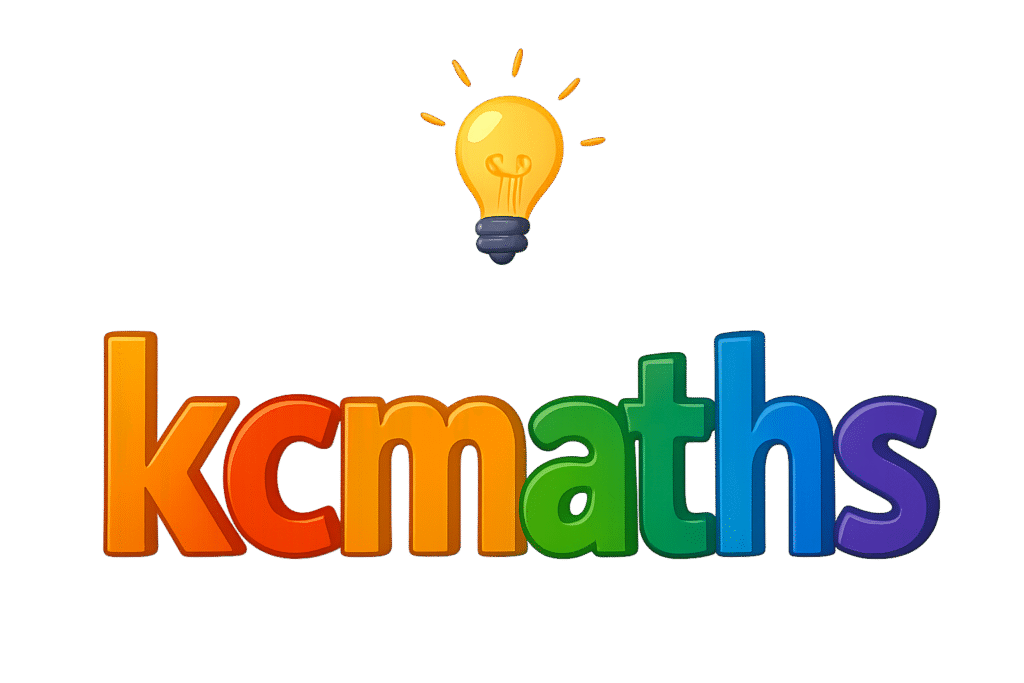Rounding and estimation help us work with numbers more quickly and easily in everyday life. It’s like simplifying a number while keeping it close to the original. In this lesson, you’ll learn when and how to round numbers and why estimation is useful in real-world situations.
Rounding means making a number simpler, but keeping it close to what it was.
We usually round to the nearest 10, 100, or 1,000.
27 rounded to the nearest 10 = 30
63 rounded to the nearest 10 = 60
- If the digit is 5 or more, round up
- If the digit is 4 or less, round down
Estimation is making a smart guess.
We use it to get a quick idea of an answer without needing the exact number.
98 + 103 → Estimate: 100 + 100 = 200
We use estimation in shopping, measuring, and budgeting!

Time’s up
🧾
Rounding and estimation are simple tools that help us work with numbers faster and make good guesses when exact answers aren’t necessary.
✅ Rounding means adjusting a number to the nearest 10, 100, or 1,000:
- If the digit is 5 or more, round up
- If the digit is 4 or less, round down
✅ Estimation helps us:
- Quickly approximate answers in daily life (shopping, budgeting, measuring)
- Save time when exact values aren’t required
These skills are especially useful in:
- Mental math
- Making decisions
- Solving real-world problems

